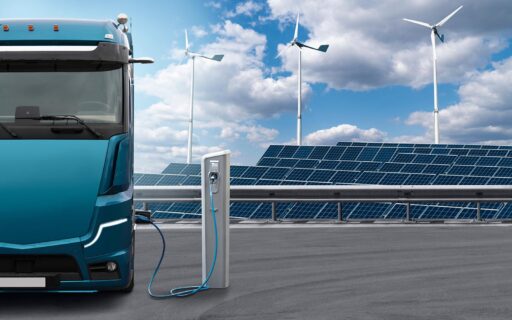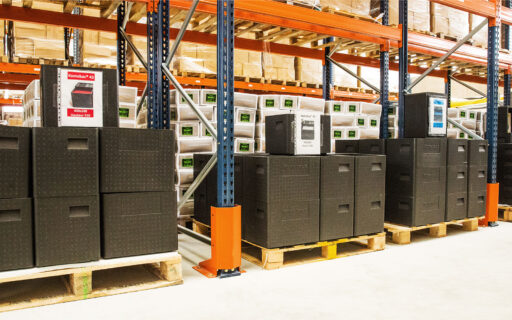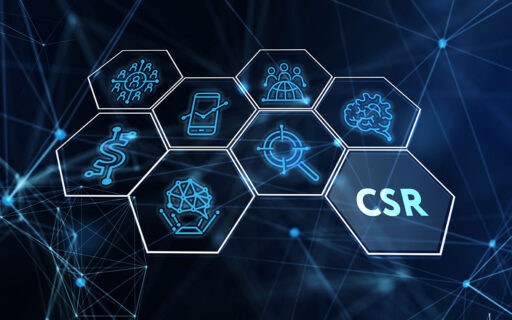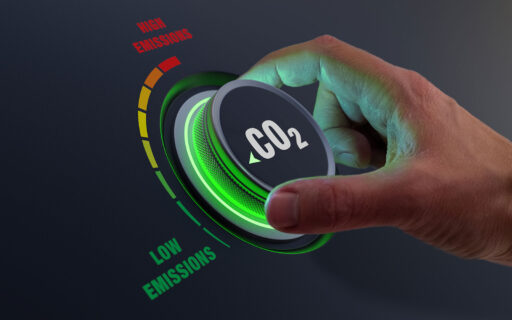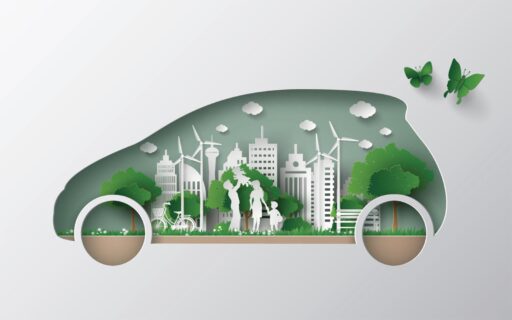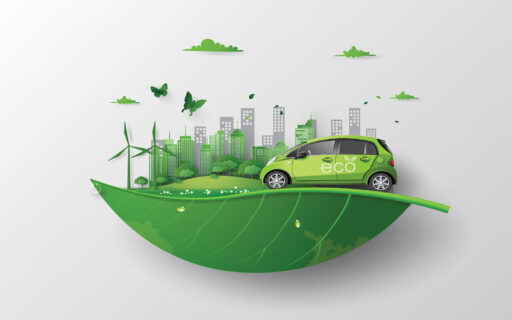Knauf Automotive
Ecology
Ecology: sustainability and green technologies in industry
Ecology in industry is becoming a priority for companies striving for sustainability. Implementing green manufacturing practices, using renewable energy sources, and recycling and closed-loop economies minimize the environmental impact of production. Check out our articles – you’ll find information on the latest trends and innovations in green technologies that are creating a more sustainable future.
Latest articles
Ecology
Maintaining sustainability of manufacturing is no small challenge for companies involved in the industry. The solutions used in earlier years, when green alternatives were not yet so widespread, contribute greatly to the development of environmental hazards. Specifically, we are talking about depletion of natural resources, water and soil pollution, production of e-waste or destruction of the ozone layer. However, more and more technologies are emerging that prioritize the environment and they are being used by the manufacturing and automotive industries, among others.
Ecology in the industry
Industrial greening involves implementing sustainable manufacturing practices that minimize negative environmental impacts. This includes reducing emissions, reducing raw material and energy consumption, and promoting recycling and a closed-loop economy. The industry is relying on innovative technologies to manage resources more efficiently and reduce waste. Also key is the use of renewable energy sources, such as solar, wind and geothermal energy, which contributes to reducing the carbon footprint.
The rapid development of innovation is particularly evident in the automotive industry. The introduction of electric cars, the development of hydrogen technology and the recycling of materials used in vehicle production are just some of the measures taken to protect the environment.
What is green technology? Examples in the automotive sector
Modern economy and environmental protection do not have to be mutually exclusive. This is best demonstrated by green technologies, which have no negative impact on our environment. There are many ways to monitor the environment and remove pollution on an ongoing basis, as well as to carry out green industrial processes. Effectively solving the technological problems of reducing carbon footprint and waste is a challenge that more and more companies in various sectors are trying to take on. Measures in this regard can be seen in the automotive and transportation markets, among others.
1. Public electric transport
The automotive industry is constantly evolving, resulting in more and more electric cars. A growing number of top automotive manufacturers are placing electric models in their product ranges. Such models are getting cheaper and even more technologically advanced every year. It’s not just individual customers who are benefiting from such trends – public electric transportation is now also making quite an impact. There are already more than 420,000 electric-powered buses running around cities in China. European countries don’t want to lag behind – such solutions are increasingly common in the region. Although the initial purchase cost may be higher than for internal combustion models, such an investment pays off due to the lack of dependence on expensive fossil fuels, as well as due to the significantly reduced environmental impact.
2. Low-cost energy storage
The development of electric cars has created new solutions for low-cost energy storage. This is especially true for the cobalt and lithium battery market, the price of which is decreasing dramatically year after year. However, the expanded battery market is not only an opportunity for electric vehicles – batteries are also widely used in the industry in general. With their use, the reliability, resilience, as well as flexibility of power systems can be effectively increased.
3. Plastic recycling
Another green technology worth mentioning in the context of manufacturing within the automotive market is plastic recycling. As much as 260 million tons of plastic waste are generated each year – only 16% of which is recycled. Today, many manufacturing companies are transitioning into the so-called “circular model”, the basic idea of which is to eliminate waste in various sectors, optimize costs and increase production efficiency. Closed-loop manufacturing brings benefits not only to the environment, but also to the entire enterprise. Solutions of this type are provided by companies such as Knauf Industries, among many others. The offer of this manufacturer includes, for example, reusable transport packaging, which serves as an important element of so-called reverse logistics.
See more: Sustainable plastics – innovative materials for automotive sector
4. Hydrogen in the energy transition
The use of hydrogen is a key element in the fight against global warming. It’s an alternative energy source with many advantages – it’s a “clean” fuel that is increasingly cheaper to obtain and store while also having considerable investment potential. Currently, industry is the main sector where this raw material is used, but companies are also pinning considerable hopes on its application in transportation. Hydrogen-powered vehicles can already be seen on the roads (e.g. the Toyota Mirai). The enormous potential in this field also applies to trucks, buses and rail transportation. Hydrogen can make a significant contribution to the stability and flexibility of the entire energy system.
Why is ecology relevant? The role of sustainability in the industry
Sustainability is the idea that meeting present needs should not limit the opportunities for future generations. It’s a concept that applies not only to society, but also to the economy and the environment. Experts predict that, in the absence of appropriate action in this regard, CO2 emissions in the United States alone will reach nearly 5 billion tons as early as 2050. According to a Swedish research program – IGBP – the Earth can safely “absorb” only 250 billion more tons – meaning that we are only a few decades away from a climate catastrophe. The first signs can already be seen today.
One of the ways to combat these threats is to use green technologies, i.e. innovations that take into account natural resources and promote economic and social development. The most important premise of sustainable development is to reduce environmental risks by preventing environmental degradation and pollution.
See more: How to reduce the carbon footprint of the automotive sector?
Green technologies in manufacturing – Knauf Industries
At Knauf Industries, we produce products made from foamed materials such as expanded polystyrene (EPS) and expanded polypropylene (EPP) and expanded foam components for car batteries, among other products, as well as manufacturing components using the thermoplastic injection molding method. Importantly, the principles of sustainability are implemented at every stage of production by recovering used materials and reducing emissions and energy use as much as possible. The company’s strategy also includes a commitment to a circular economy to avoid uncontrolled discarding, storage or incineration of polymers. If you are wondering if our solutions will be right for your business, please contact us via the contact form.
